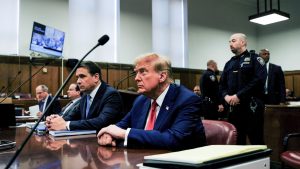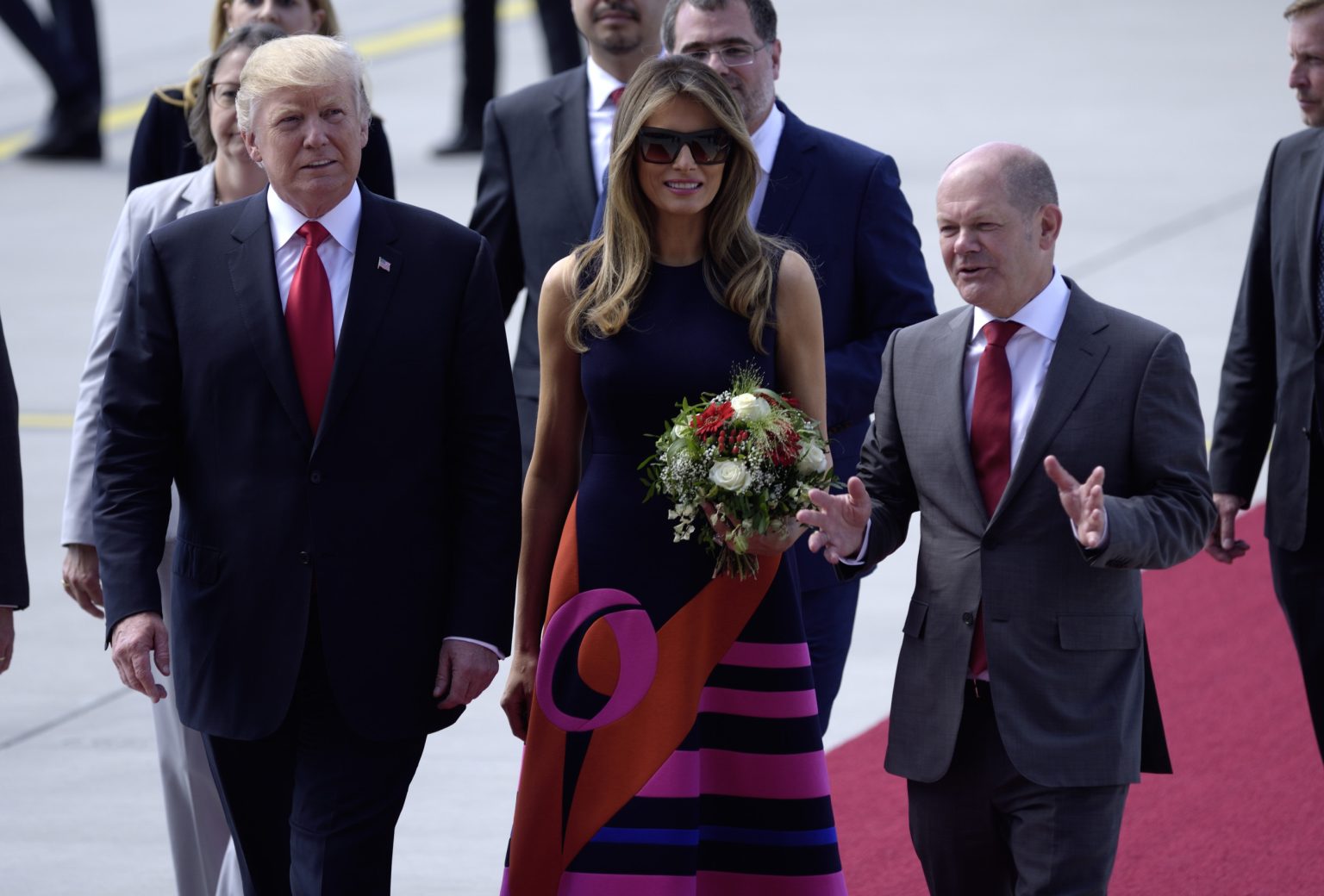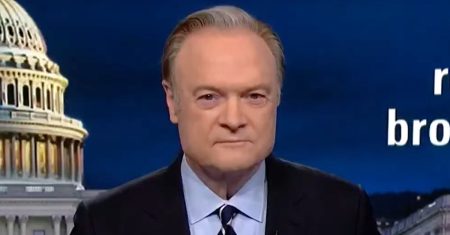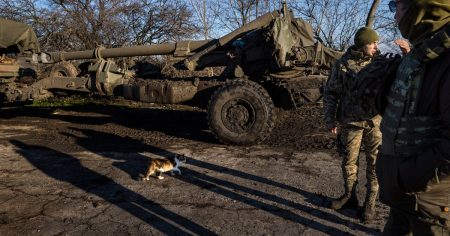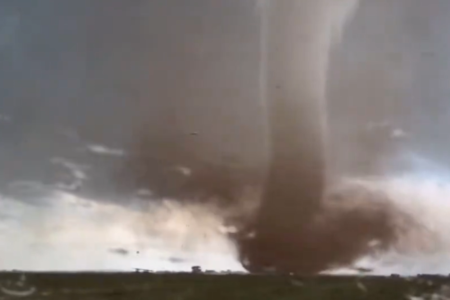Retired U.S. Lieutenant General Ben Hodges has suggested that Germany may be withholding support for Ukraine due to fears that former President Donald Trump may win reelection. Speaking at the Delphi Economic Forum in Greece, Hodges emphasized the need for Western powers to do more to defend Ukraine from Russia’s invasion. Specifically, Hodges criticized leaders like German Chancellor Olaf Scholz for refusal to provide Ukraine with Taurus cruise missiles, citing concerns that Trump may withdraw the nuclear shield from Europe if reelected. Hodges believes that Germany is hesitant to get involved in a potential conflict with Russia without a nuclear deterrent.
Despite criticisms from Hodges and others, Scholz announced that Germany would provide Ukraine with an additional Patriot air defense system, a move that was welcomed by Ukrainian President Volodymyr Zelensky. However, Zelensky has also criticized Scholz’s decision to withhold Taurus missiles, stating that Germany’s reluctance to provide this powerful weapon may be due to being a non-nuclear state. Hodges expressed his belief that the Biden administration is overly fearful of Russian President Vladimir Putin, suggesting that the administration is concerned that a Ukrainian liberation of Crimea could lead to the collapse of the Putin regime or the use of nuclear weapons.
Hodges questioned whether Russia has the capability to knock Ukraine out of the war, expressing confidence in Ukraine’s ability to stabilize the front lines and rebuild its defenses. Ukraine’s ground commander, Lieutenant General Oleksandr Pavliuk, has stated that their top priority is to stabilize the contact line and strengthen their forces to launch counteroffensive operations. While Hodges hopes that a collapse of the Putin regime could result from Ukraine liberating Crimea, he believes that such a scenario should be planned for rather than feared. He remains adamant that more support is needed from Western powers to ensure Ukraine’s success in countering Russian aggression.
The hesitation of Germany and other Western powers to provide Ukraine with certain weapon systems like the Taurus cruise missiles reflects a broader geopolitical concern regarding the potential consequences of Russian aggression and a desire to avoid escalating tensions. Hodges’ remarks highlight the complex dynamics at play in the conflict between Ukraine and Russia, as well as the differing perspectives and priorities of key world leaders. Despite disagreements and hesitations among Western powers, efforts continue to be made to assist Ukraine in defending itself and pushing back against Russian incursions.
As discussions around support for Ukraine continue, the role of key players like Germany, the United States, and other NATO allies will be crucial in shaping the outcome of the conflict. The debate over providing advanced weapon systems to Ukraine underscores the delicate balance between deterring Russian aggression and preventing further escalation of hostilities in the region. Hodges’ observations and critiques serve as a reminder of the challenges and complexities involved in responding to the crisis in Ukraine, as well as the importance of strategic decision-making and collective action in addressing the situation effectively.

